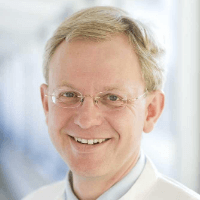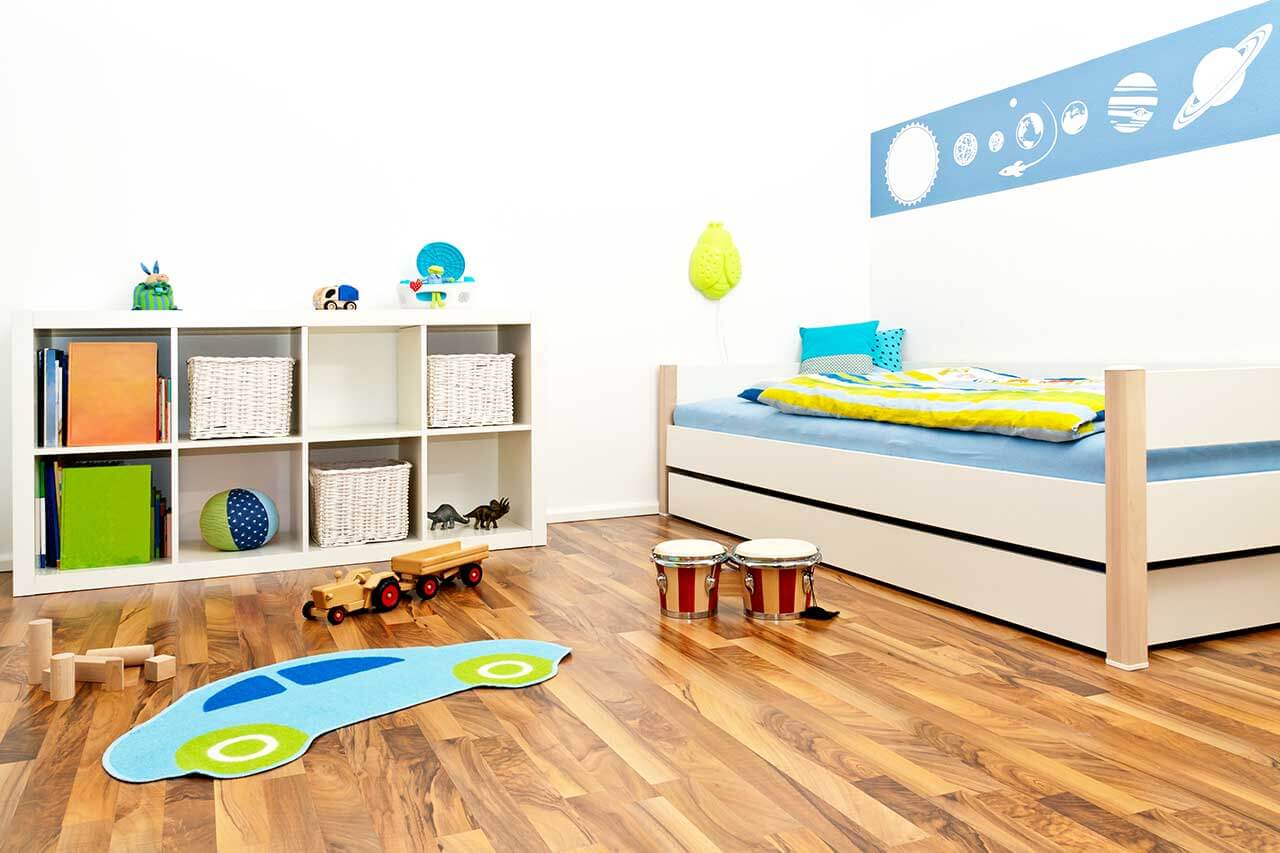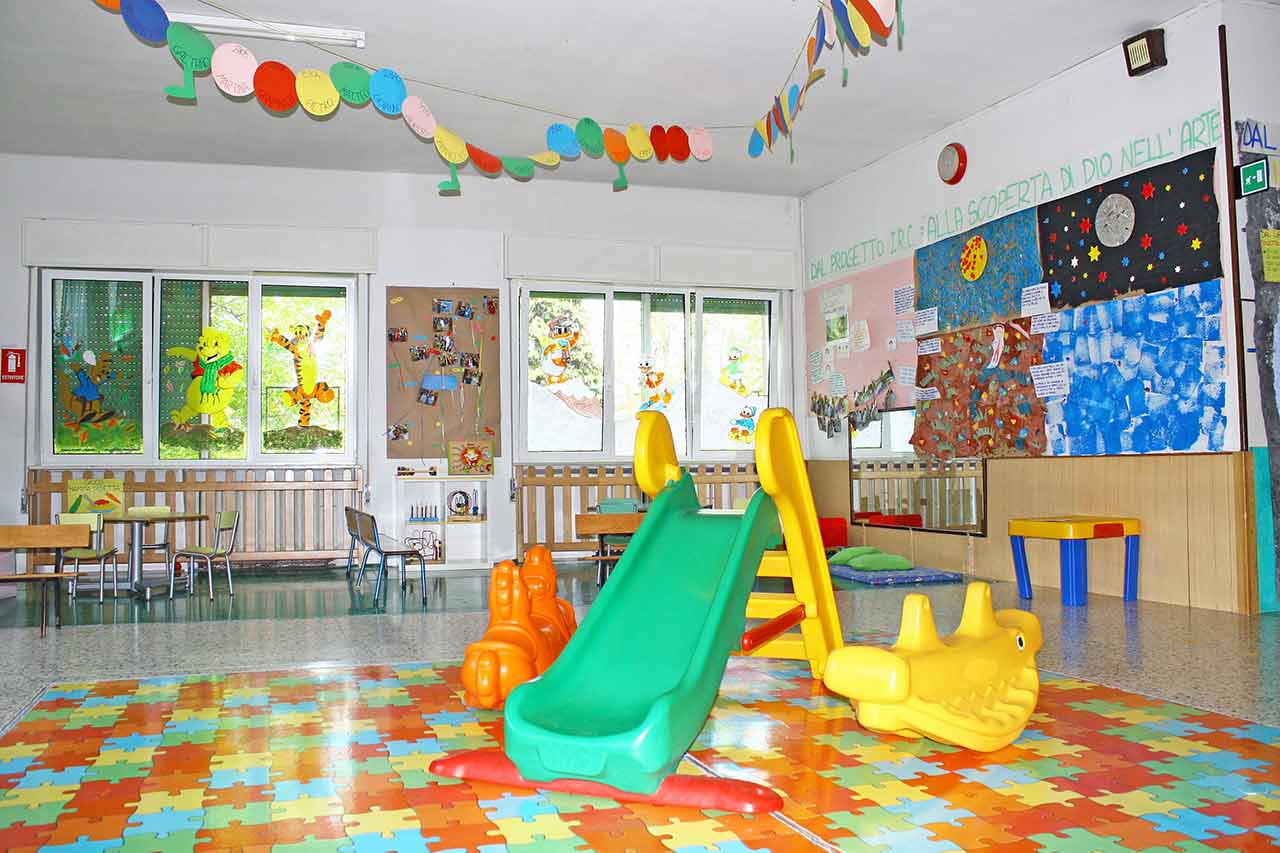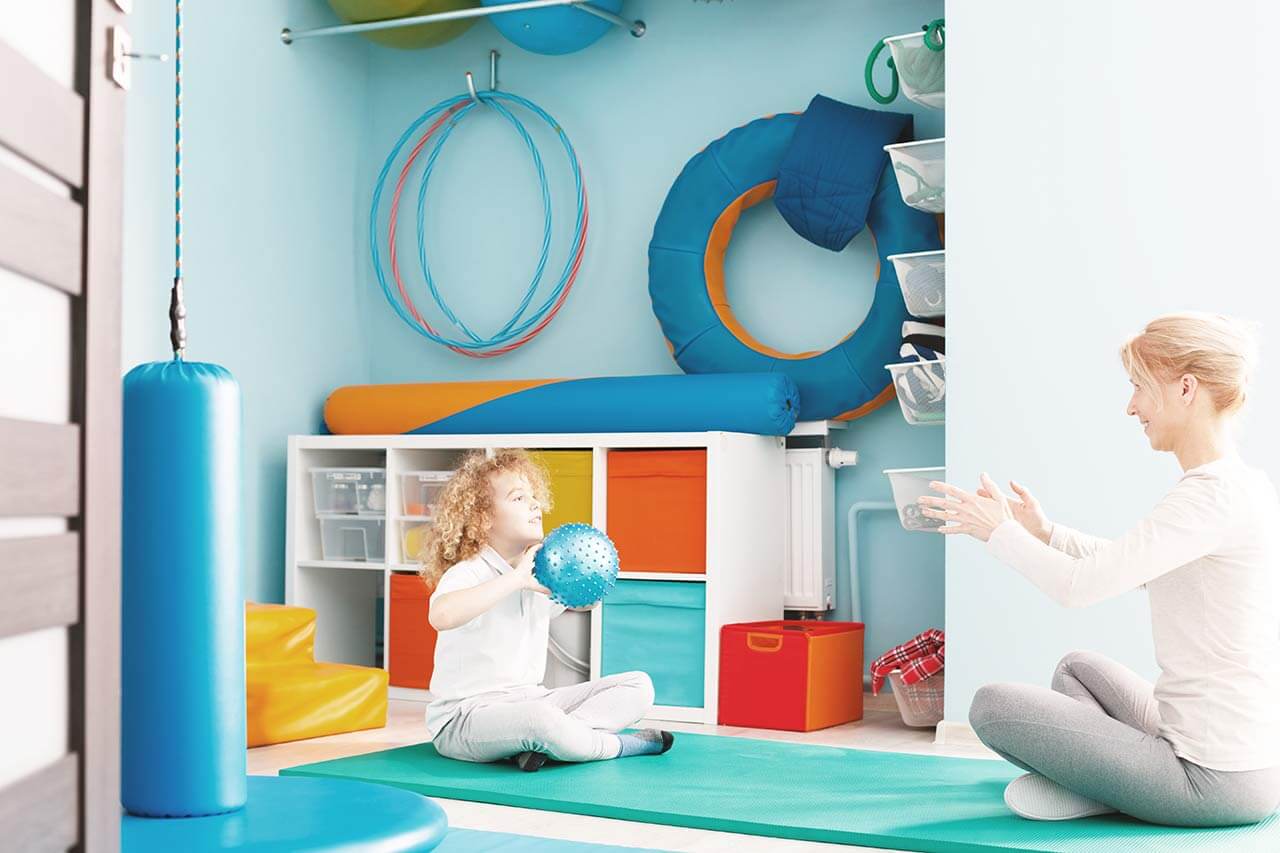
About the Department of Pediatric Neurological Rehabilitation at Neurological Hospital Hegau-Jugendwerk Gailingen
The Department of Pediatric Neurological Rehabilitation at the Neurological Hospital Hegau-Jugendwerk Gailingen offers the full range of services in the area of its specialization. The department has been operating since 1972 and is one of the few health facilities of its kind in Germany. It provides treatment to children from the age of 1 year, school-age children, adolescents and adults under the age of 25 years with previous diseases and injuries of the nervous system. In rare cases, patients under the age of 30 can be admitted. The treatment regimens for each clinical case are developed individually. They include the medical, educational, professional and psychosocial aspects necessary to reintegrate a patient into his usual life. The Chief Physician of the department is Dr. med. Andreas Weidmann.
The department provides the rehabilitation phase B, C and D. Each of them is provided within a special separate section. Each phase of rehabilitation pursues specific goals. The rehabilitation of phase B serves to improve the patient’s level of consciousness, prevention, quick detection and, if necessary, treatment of complications (for example, thrombosis, bedsores, contractures), regulation of autonomic functions (especially the
rhythm of sleep and wakefulness), restoration of physiological functions (swallowing, eating, etc.), normalization of muscle tone, etc. During the rehabilitation of phase C, there is no longer a need for intensive monitoring of vital functions, the patient develops the basic ability of communication. Thanks to improved stamina and concentration, the therapeutic procedures can last at least 30 minutes. In the rehabilitation of phase D, the primary goal is to improve motor skills to achieve the best independence for the patient, as well as his reintegration into school or professional life, social reintegration.
The department also includes two specialized outpatient clinics, namely an Outpatient Clinic for Dysphagia, which serves young patients with swallowing disorders and a tracheostomy tube, as well as an Outpatient Clinic for Neuropediatrics, which deals with the diagnostics and treatment of children with developmental delay and epilepsy.
The indications for neurological rehabilitation in children, adolescents and young people are:
- Acquired brain injuries and their consequences due to
- Accident
- Stroke
- Brain tumors
- Brain hypoxia
- Inflammatory diseases of the central nervous system (in particular, multiple sclerosis)
- Paraplegia
- Congenital and acquired damage to the central nervous system in early childhood (for example, perinatal brain damage, spina bifida)
- Convulsions of cerebral origin
- Diseases and injuries of the peripheral nervous system (for example, Guillain-Barré syndrome or brachial plexus lesions)
- Neuromuscular diseases (for example, Friedreich's ataxia, progressive muscular dystrophy, etc.)
- Degenerative diseases of the nervous system and pathologies of the nervous system due to metabolic disorders
- School performance problems due to neuropsychological disorders
- Attention disorders (for example, attention deficit disorder, attention deficit hyperactivity disorder)
- Other neurological disorders and their complications
The therapeutic options of the department include:
- Occupational therapy. This therapy aims to reintegrate into professional life. The therapy promotes the development of physical endurance, professional skills, patience, the acquisition of skills for performing monotonous actions, achieving a normal pace of work.
- Ergotherapy. This type of therapy is aimed at restoring skills in the field of everyday activities (personal hygiene, nutrition, etc.), motor and cognitive functions.
- Speech and language therapy. The primary task of speech and language therapy is to restore speech and eliminate swallowing disorders. During medical and professional rehabilitation, the specialists in this area often have to deal with the treatment of aphasia, dysarthrophonia, facial paresis and voice disorders. The rehabilitation programs for school children often include measures to treat speech development disorders, reading and spelling problems, sensorimotor eating disorders.
- Music therapy. The essence of treatment is the targeted therapeutic use of music to restore, maintain and strengthen the physical and mental health of a person. In patients with neurological disorders, music therapy is used to activate motor, speech and cognitive functions. The classes can be either individual or in groups.
- Physiotherapy. The use of physiotherapeutic techniques improves everyday and motor skills. Such techniques include remedial gymnastics, therapeutic exercises, swimming and therapeutic baths. The classes can be either individual or in groups.
- Zootherapy. The essence of therapy is the interaction of the patient with the animal – in the department dogs are involved in such a therapy. Dogs bring diversity and positive mood to the rehabilitation process. An important aspect is the reduction of negative feelings, such as loneliness, isolation, depression, boredom and homesickness. All this helps to improve the well-being of the patient, progress in the training and restoration of lost skills, the development of responsibility, the strengthening of social skills, etc.
- Psychological support. The department’s experienced psychologists conduct comprehensive consultations, as well as simple conversations with patients and their families. This allows to motivate them for a successful treatment outcome, as well as help patients cope with some restrictions that may remain for life. In addition, this direction is responsible for the differentiated psychological and neuropsychological diagnostics, which helps to develop the optimal tactics of neuropsychological treatment. The psychologists also monitor the behavior of the child and apply behavioral therapy methods for any deviations.
- Other therapeutic methods
Curriculum vitae
On January 1, 2019, Dr. med. Andreas Weidmann took the post of the Chief Physician of the Department of Pediatric Neurological Rehabilitation at the Neurological Hospital Hegau-Jugendwerk Gailingen. Prior to working in this hospital, he held the position of the Chief Physician in the Department of Neurology at the Schoen Clinic Vogtareuth in Bavaria. He was also a Member of the Hospital’s Management and a Representative of the Medical Care Quality Board. His clinical work in this position was focused on the treatment of chronic pain, motor disorders and epilepsy.
From 2006 to 2008, Dr. Weidmann worked as a Senior Physician at the University Hospital of Ludwig-Maximilian University of Munich, Campus Grosshadern, where he had his rehabilitation and gained experience in the field of neurological intensive care. From 1998 to 2003, he worked as an Assistant Physician in the Schoen Network. The specialist completed his postgraduate training at the hospitals in Saarbrücken, Regensburg and Munich. Dr. Weidmann also has a certificate of completion of a distance course in Economics in Healthcare.
Photo of the doctor: (с) Hegau-Jugendwerk GmbH




